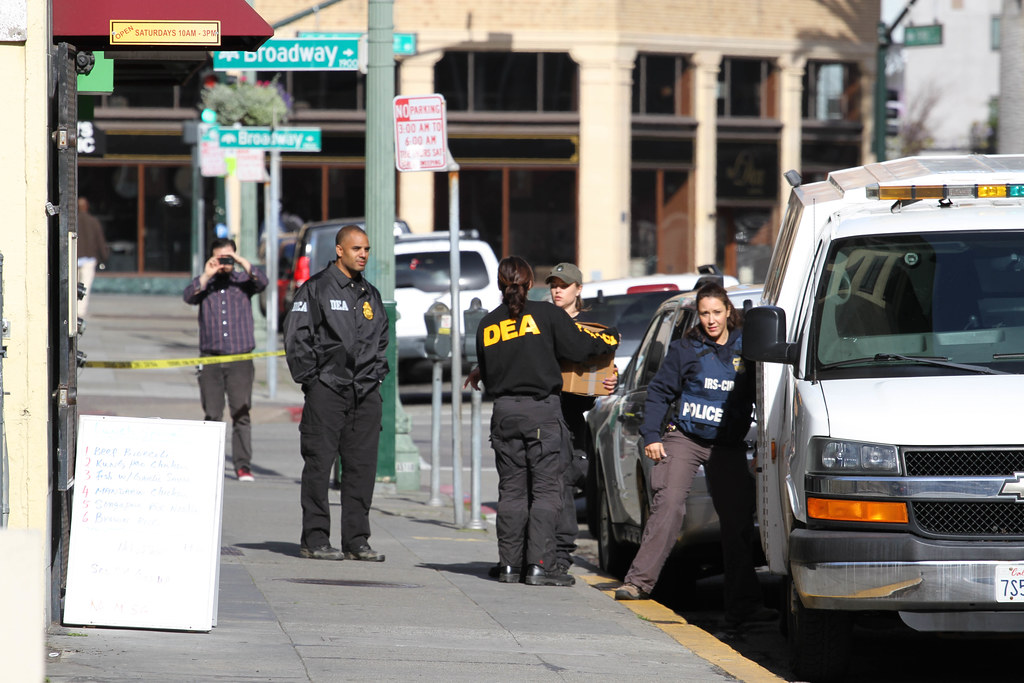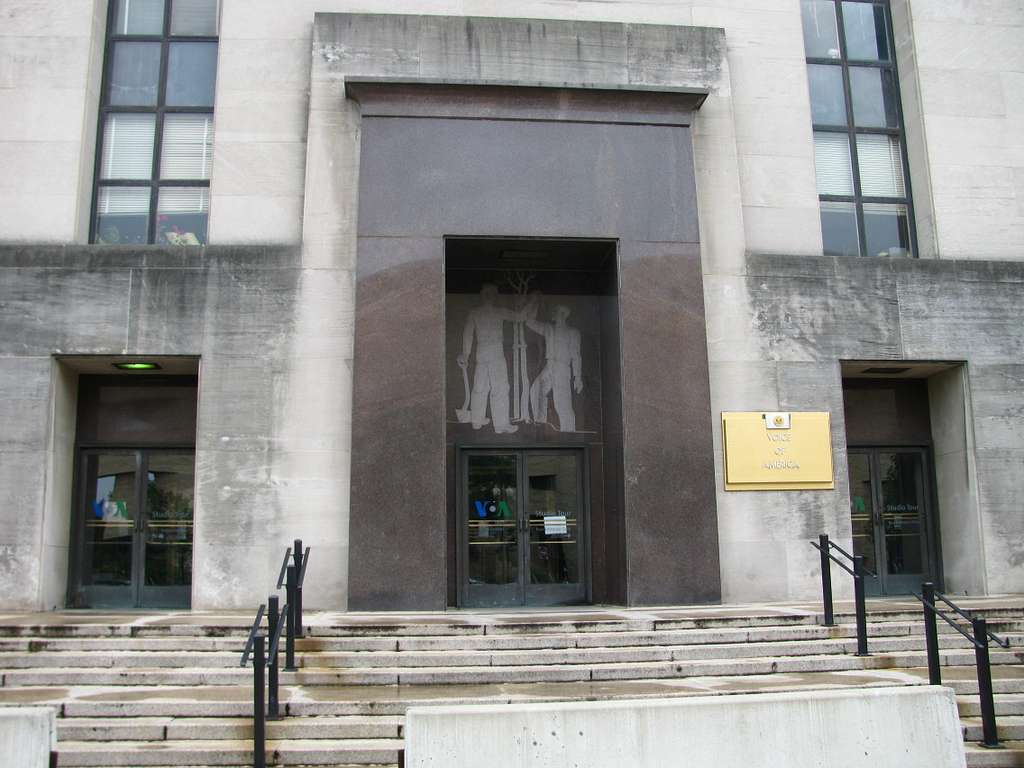You ever open your bank app expecting to see your Social Security deposit and instead get hit with a number that looks… off? Like, “did I accidentally subscribe to something weird?” off? You’re not alone. Nearly 500,000 retirees just got a rude June surprise: their Social Security checks are smaller than expected—and not because they splurged on premium cable or bulk-buy protein powder.
From surprise Medicare charges to sneaky loan garnishments, there are more reasons than ever for your check to come up short. And the worst part? Most people don’t find out until their rent’s due and the math ain’t mathing. So who’s getting dinged, and why now? We rounded up the 12 groups feeling the pinch this month—and yes, there’s probably at least one you didn’t know about. Let’s break it down (without breaking your budget).
1. Retirees Hit With IRMAA Surcharges

If you’re a high-income retiree, your Medicare premiums just got beefed up—and your Social Security check just got slimmed down. This delightful little twist is called IRMAA (Income-Related Monthly Adjustment Amount), and it applies if your income two years ago exceeded $103,000 (single) or $206,000 (married). It’s not a new fee, but in June 2025, new income brackets triggered adjusted deductions for nearly 200,000 people. According to H&R Block, updated IRS data led to automatic premium recalculations—and yes, they come out of your check before you see it.
So even if your income dropped since then (hello, retirement), you’re stuck paying more for now unless you appeal. The IRMAA can tack on hundreds of dollars in extra Medicare costs, and it hits directly through your Social Security. It’s like the government saying, “Congrats on your financial success—now pay up.” And no, you don’t get a heads-up email. Just a smaller deposit and a letter that shows up mid-panic. If this is your first IRMAA rodeo, grab a chair and some antacids.
2. People Who Owe Back Taxes

Social Security checks might feel sacred—but not to the IRS. If you’ve got unpaid federal taxes, the Treasury Department can garnish a portion of your benefit check faster than you can say “Where’s my money?” In June, thousands saw their deposits shrink due to offsets tied to lingering tax debt, especially from pandemic-era backlogs. MorningStar reported that the IRS has ramped up its collection efforts in 2025, and that includes reaching directly into retirement checks.
Legally, they can take up to 15% of your monthly benefit until the debt is paid. And no, they don’t wait until you’re flush—they just do it. You’ll usually get a letter explaining the deduction, but often it arrives after the deposit has already been trimmed. It’s the financial equivalent of being told your fries are missing after the drive-thru. If you were counting on that full amount for rent, groceries, or your grandkid’s birthday gift—ouch.
3. Early Claimers Who Went Back to Work

If you took Social Security before full retirement age (66–67, depending on your birth year) and then decided to rejoin the workforce, congrats—you just triggered the earnings limit penalty. In 2025, for every $2 you earn over $22,320, Social Security withholds $1 from your benefits. And that clawback? Yeah, it hits automatically. This June, tens of thousands of early claimers got a surprise deduction as their spring paychecks pushed them over the limit, according to AARP.
Even if your work is seasonal or part-time, the rules don’t flex. Social Security doesn’t care if you were covering vacation shifts or chasing some extra bucks for your nephew’s wedding. Once the earnings data is in, they take what they’re owed—no questions asked. You’ll get that money back after full retirement age via a recalculated benefit, but that’s cold comfort when June rent is due. So much for a little side hustle, huh?
4. Seniors Who Switched Medicare Plans

Changing your Medicare plan can feel like upgrading to a better phone plan—until the bill hits. If you switched from a Medicare Advantage plan to Original Medicare or opted into a new Part D prescription plan, your premium deductions might’ve shifted. In June, that meant smaller Social Security checks for around 75,000 retirees who didn’t realize their new plan’s premiums were steeper than their old one. KFF explained that many seniors made changes during open enrollment without realizing the cost would be deducted directly from their monthly deposit.
It’s one of those sneaky “oh yeah” moments you don’t discover until your check is short. Even if the new plan is a better fit long-term, the first few months can be financially jarring. And the kicker? If you had a gap between plans, Social Security might even withhold multiple months at once to catch up. Suddenly, that $1,800 you were expecting shows up as $1,450. Surprise! It’s your health plan’s world now—we’re just living in it.
5. Those Repaying Overpayments

If Social Security ever paid you more than they were supposed to—whether it was their fault or not—they will come knocking. Hard. Overpayment clawbacks have become a major issue, and in June 2025, the SSA began collecting on tens of thousands of accounts where beneficiaries were “overpaid” in prior years. According to Go Banking Rates, this includes people who forgot to report income changes, moved states, or simply got caught in a paperwork glitch.
The worst part? The SSA can demand the entire overpaid amount back in one swoop—or start deducting it monthly until it’s gone. And often, the beneficiary has no idea until the deduction hits. Even if you appeal, the money usually disappears while you wait for a decision. It’s like getting charged for a meal you didn’t order three years ago—except now it’s garnished from your retirement. Fun! So if your check feels smaller and your mailbox contains a cryptic SSA letter, you’re probably in the overpayment club. Membership is not optional.
6. People Getting State Pension Adjustments

If you’re one of the lucky folks pulling both Social Security and a state or local government pension, June may have come with a little bonus deduction you weren’t expecting. This is thanks to the Windfall Elimination Provision (WEP), the rule that says, “Congrats on working hard, now here’s less money.” The SSA occasionally recalculates these benefits based on new data from pension systems, and when that happens mid-year, your check can get trimmed without much warning. That’s exactly what happened to thousands of retirees this June.
Sometimes it’s because your pension amount changed slightly—maybe due to a cost-of-living adjustment or an anniversary bump. Other times, it’s just the SSA doing a retroactive correction that somehow takes months to notify you about. Either way, your Social Security gets dinged. And if you’re also impacted by the Government Pension Offset (GPO), your spousal benefits might be reduced too. It’s like the system penalizes you for not having a traditional 9-to-5. Which, okay, cool. But couldn’t they at least warn you with more than a vague letter and a missing $200?
7. Survivors Receiving Recalculated Benefits

Survivor benefits aren’t static—they’re based on what your late spouse was receiving (or would have received), and they can be subject to recalculations. If your deceased partner had recent earnings, pending appeals, or even posthumous changes to their record, the SSA might adjust your benefit. And yes, that sometimes means a lower payment in months like June. It’s the kind of financial ghosting no one wants.
Thousands of widows and widowers saw surprise deductions this month after Social Security re-evaluated income records tied to their late spouses. The reason? Updates to wage data, tax filings, or benefit start dates can trigger “corrections” that shrink survivor payouts. The worst part? You usually don’t know it’s coming until your deposit drops. You’re already adjusting to a life without your person—now your budget has to grieve, too? Retirement math: still complicated, still cruel. At least ghosts don’t charge administrative fees.
8. Recipients with Benefits Tied to Child Support Orders

Here’s a plot twist many retirees don’t expect: if you owe past-due child support, the government can garnish your Social Security. Even if your kids are now fully grown and posting their own brunch pics on Instagram. In June, a wave of automatic offsets kicked in for recipients with unresolved child support judgments, reducing thousands of checks. It’s part of a federal intercept program, and it hits without much fanfare.
They won’t take the whole thing, but they can grab up to 65% depending on the case. And it doesn’t matter if the original debt is decades old—once the paperwork is in order, your benefits are fair game. Many people don’t even realize they’re on the list until their deposit looks suspiciously smaller. The good news? Once it’s paid off, the deductions stop. The bad news? That could take a while. Even your Social Security has a parenting clause.
9. People Caught in Address Change Glitches

Move to a new apartment? Switch zip codes? Congrats, you may have unintentionally triggered a bureaucratic domino effect. Every year, thousands of Social Security recipients experience temporary benefit reductions because their address didn’t update correctly in the system. In June 2025, this happened more than usual, thanks to delays in USPS forwarding and SSA processing queues.
When your address doesn’t match with your Medicare or tax info, the system flags you—and sometimes temporarily withholds part of your check until it’s resolved. It’s not technically a penalty… but your wallet doesn’t care about semantics. One digit off, and suddenly your payment is in limbo. You’d think in 2025 we’d have this whole “moving” thing figured out. But nope—still stuck in paperwork purgatory. If your deposit is short and you recently moved, this might be your culprit.
10. Dual-Benefit Recipients Who Hit a Cap

If you’re collecting both Social Security and another federal benefit—like SSI or veterans benefits—there’s a cap on how much you can receive in total. In June, some recipients hit that threshold due to COLA adjustments or other benefit increases, triggering a reduction in their Social Security portion. It’s like a seesaw: when one goes up, the other comes down.
Unfortunately, this math doesn’t always get communicated clearly ahead of time. So retirees expecting their usual amount got a smaller check and a vague letter that reads like it was written by a robot. Even worse, if your housing or medical subsidies are tied to your income level, this might cause ripple effects. Suddenly, you’re dealing with less money and more paperwork. Dual benefits may sound like a blessing, but in reality, they come with more strings than a puppet show. Welcome to Retirement: Bureaucracy Edition.
11. People with Recent Divorce Settlements

Divorce isn’t just emotionally complicated—it can be a Social Security minefield. If you’re receiving benefits based on your ex-spouse’s work record, and they recently filed for or changed their benefits, your check can be affected. In June, several thousand divorced recipients had their benefits recalculated due to these “trigger events.” The SSA doesn’t give you a heads-up—it just quietly tweaks the numbers.
And if your divorce agreement included offsets, settlements, or benefit-sharing clauses, the changes can show up without warning. You may also lose eligibility if you remarry or if your ex’s income drops significantly. Divorce: the gift that keeps on giving. If your check dipped this month and you share history with someone you’d rather not text again, this might be why. On the bright side, it’s a great excuse to change your direct deposit password and pour a stiff mimosa.
12. Retirees Facing Garnishment from Defaulted Loans

It’s not just the IRS or child support agencies that can dock your Social Security—loan servicers are in on the action too. If you’ve defaulted on a federal student loan or government-backed personal loan, the Treasury can garnish your retirement check. And that’s exactly what happened to thousands of retirees this June, as paused collection efforts officially resumed.
You might only see a $100–$200 dip in your check, but that’s often enough to throw your whole monthly budget off. Even if your loan is decades old and you thought it was forgiven or forgotten—if it’s still on the books, they can collect. It’s like a financial horror movie with no clear villain and too many plot twists. There are appeal options, sure, but they take time, paperwork, and a lot of patience. Until then? Your check will stay skinnier than your favorite jeans from 1998.
This article is for informational purposes only and should not be construed as financial advice. Consult a financial professional before making investment or other financial decisions. The author and publisher make no warranties of any kind.









